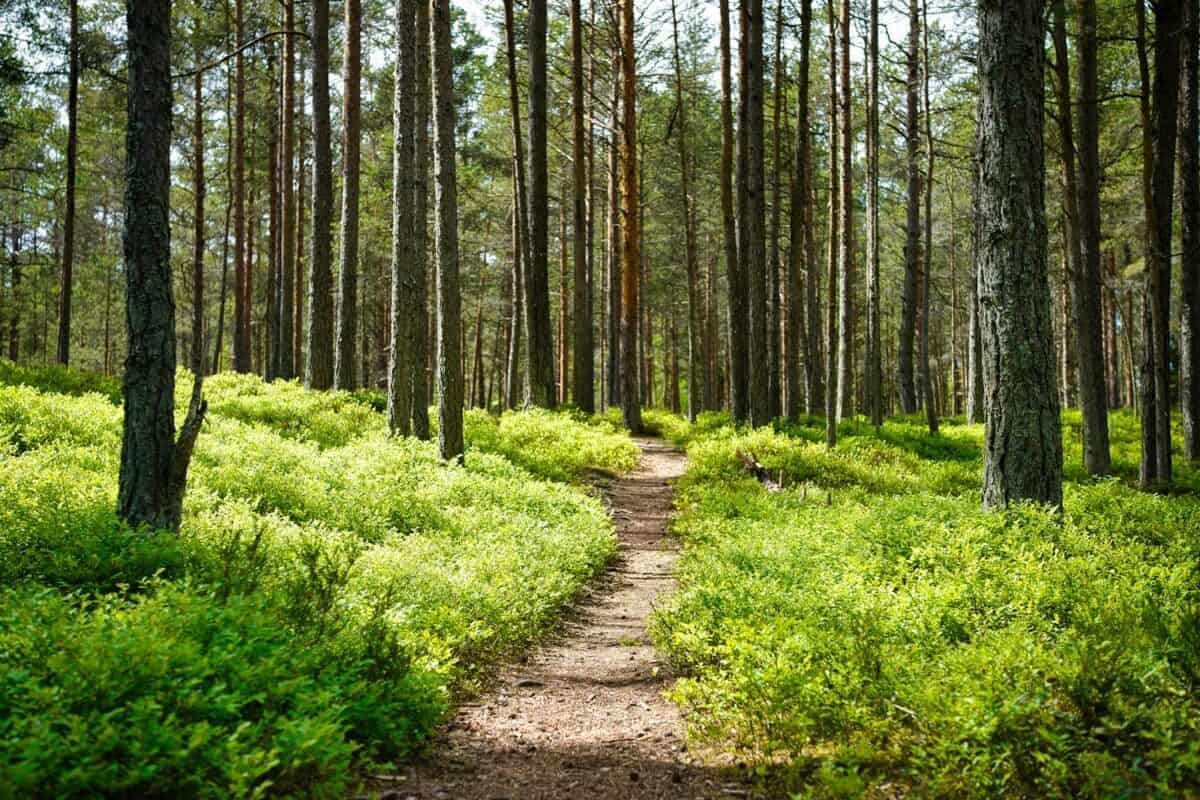Hiking is a cherished outdoor activity for many adventurers seeking to reconnect with nature and push the boundaries of their physical limits. However, not all trails are made equal, and some offer more risk than others. In the United States, home to some of the world’s most challenging landscapes, there are trails where danger lurks around every turn, demanding respect, preparation, and caution from all who dare to tread. This article explores the most dangerous hiking trails in the U.S., offering insights into what makes each so treacherous.
The Knife Edge on Mount Katahdin, Maine
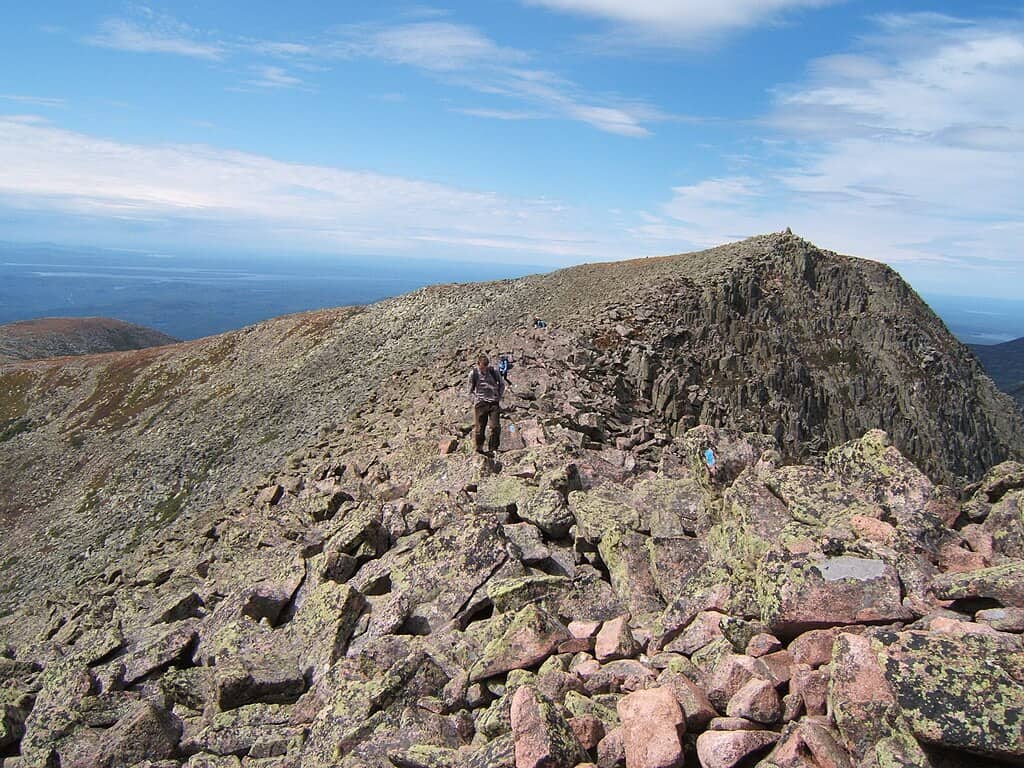
Located in Baxter State Park, the Knife Edge trail on Mount Katahdin offers a thrilling 1.1-mile traverse that demands nerves of steel. The narrow path, with drops on either side, is frequently buffeted by strong winds and slippery conditions during wet weather, making it one of the most precarious hikes in the country.
Angel’s Landing, Zion National Park, Utah

Zion National Park’s Angel’s Landing is not for the faint of heart. This 5.4-mile round trip hike features steep ascents and razor-thin paths with sheer drop-offs. The trail’s notoriety is amplified by the chains bolted into the rock for safety, underscoring the risk involved in this stunning journey.
Kalalau Trail, Kauai, Hawaii

The Kalalau Trail on the Na Pali Coast of Kauai is as beautiful as it is deadly. Spanning 11 miles, hikers must navigate muddy trails, cliffs, and unpredictable weather conditions. Flash floods and falling rocks add to the inherent dangers, requiring hikers to be vigilant and highly prepared.
The Maze, Canyonlands National Park, Utah
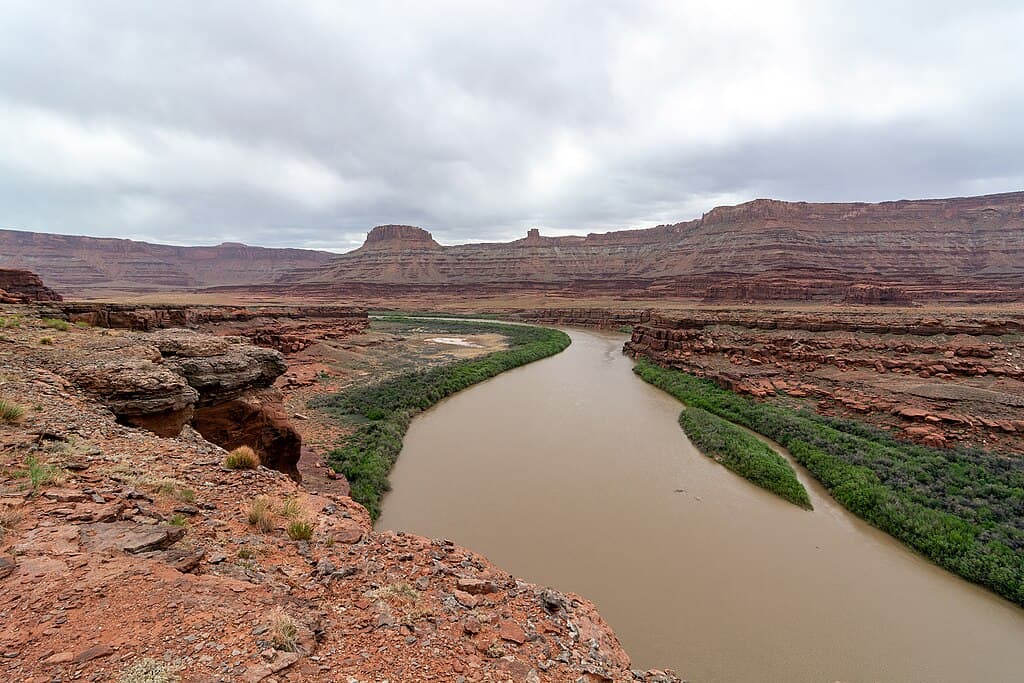
Canyonlands National Park is home to The Maze, a trail aptly named for its labyrinthine canyons. Known for being remote and challenging to navigate, The Maze lacks readily available rescue options. Its isolation demands meticulous planning and navigation skills from those who enter its depths.
Half Dome, Yosemite National Park, California

Half Dome is synonymous with adventure in Yosemite National Park. The approximately 14- to 16-mile trek to its summit features a perilous final ascent up the back side of the dome using a set of cables. Adverse weather conditions can increase the difficulty, making it a formidable challenge even for experienced hikers.
Bright Angel Trail, Grand Canyon, Arizona
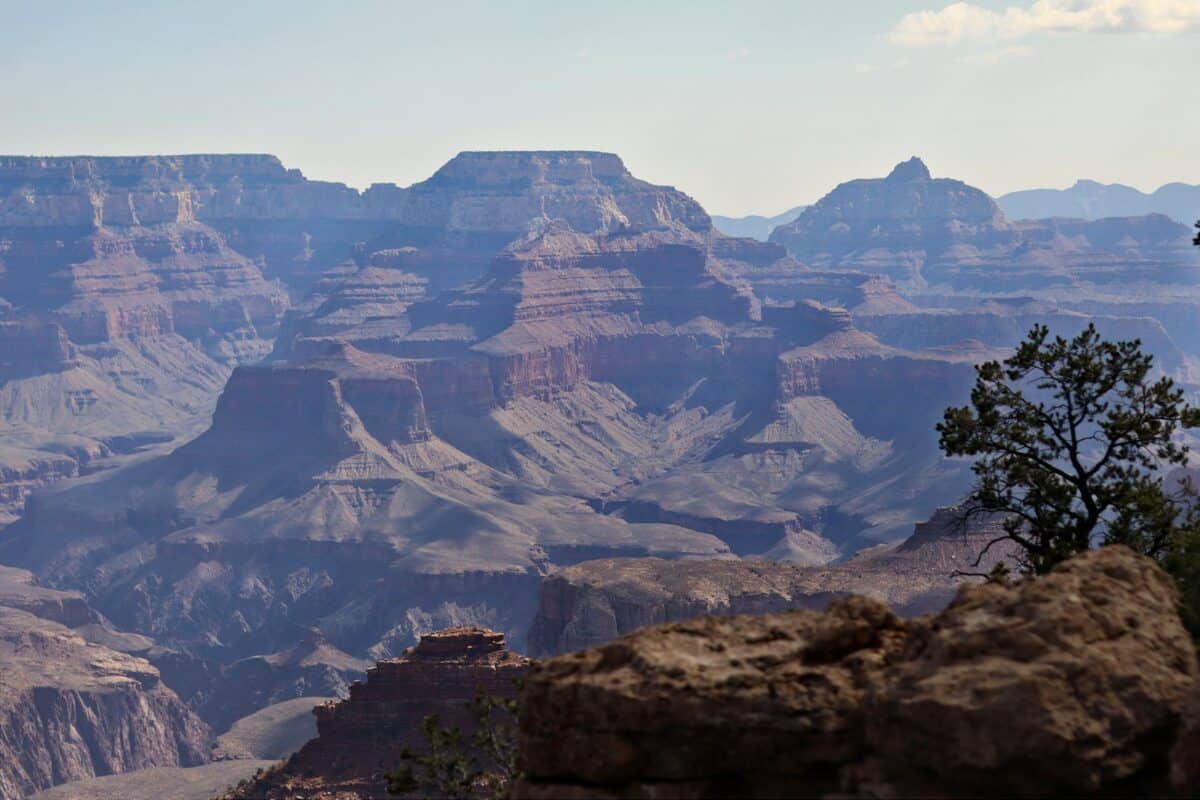
The Bright Angel Trail offers stunning views of the Grand Canyon, but its beauty belies its danger. The intense heat during summer, combined with a lack of shade and elevation changes, makes dehydration a constant threat. This trail demands ample preparation and judgment from those who embark on its descent and subsequent ascent.
Capitol Peak, Colorado
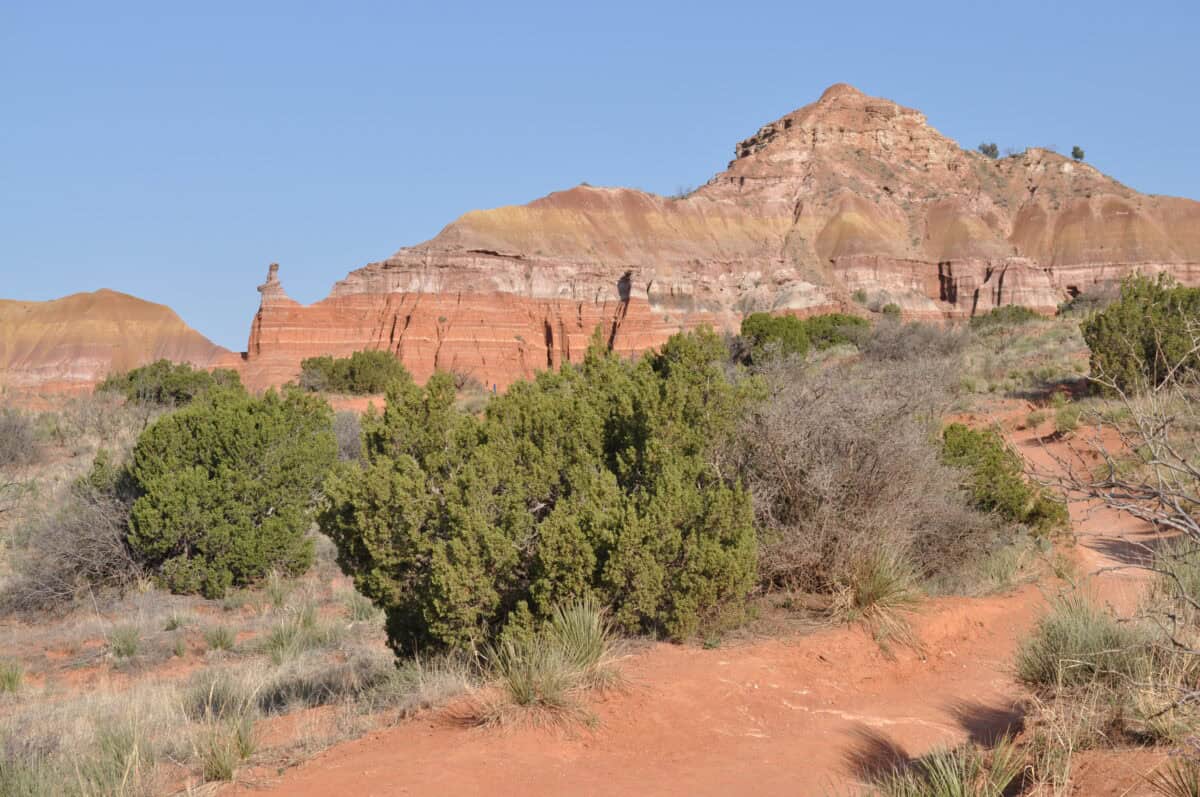
The daunting climb of Capitol Peak is infamous among Colorado’s 14ers. The Knife Edge ridge is a highlight of this trail, featuring a narrow ridge with sheer drop-offs. The risk of falling to severe injury or fatality is high, demanding careful climbing techniques and caution.
Mahoosuc Notch, Appalachian Trail, Maine

Known as the hardest mile on the Appalachian Trail, Mahoosuc Notch is a challenging scramble through boulders. The narrow passage and large rocks require hikers to navigate with care, often engaging in climbing, crawling, and squeezing through tight spaces.
Pinnacle Mountain, Arkansas
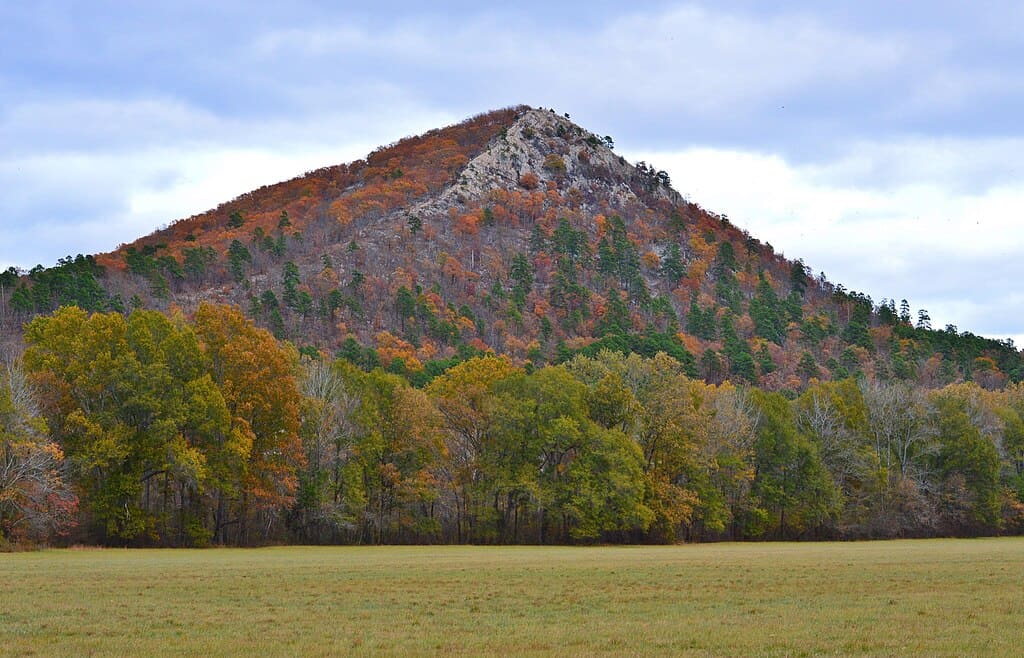
This short but steep trail draws visitors with its stunning vistas of Little Rock. However, the steep ascent and variable weather conditions can create slips and falls, marking it as a hazardous hike. Hikers need sturdy footwear and a keen sense of awareness underfoot.
Mount Washington, New Hampshire

While not typically classified as a hike, the Tuckerman Ravine Trail on Mount Washington is renowned for its wild weather. With some of the world’s most erratic conditions, including extreme cold and high winds, the trail is a true test of endurance and skill in mountain weather navigation.
Hiking Safety and Preparation
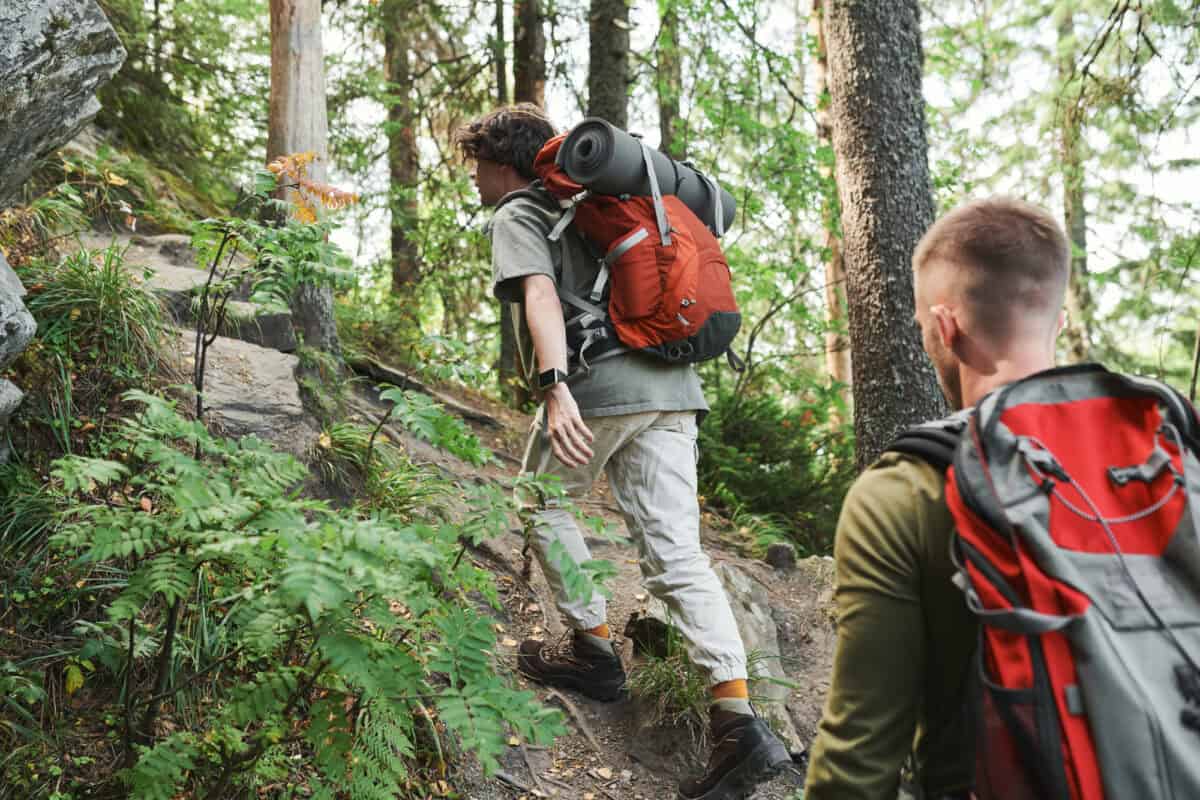
Successfully navigating these perilous trails requires more than just courage; it demands preparation, knowledge, and respect for the power of nature. Equipping oneself with the right gear, understanding the specific demands of each trail, and staying informed about weather conditions are critical to ensuring a safe adventure.
Conclusion
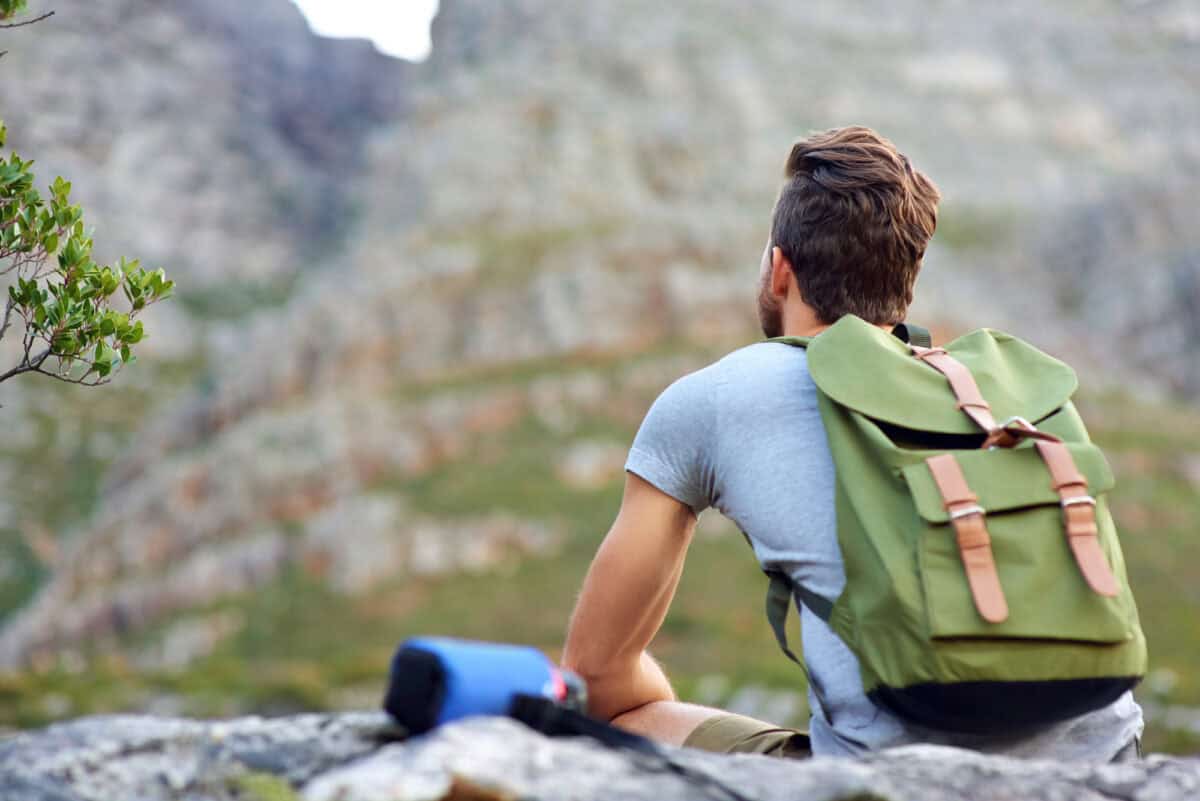
While the allure of conquering these daring trails draws many, it’s crucial to approach each with the seriousness it demands. Nature’s beauty can be as unforgiving as it is breathtaking, and those venturing onto these trails should always prioritize safety above all else. These trails offer more than just a hike; they offer a lesson in preparation, judgment, and the awe-inspiring power of the natural world.
- 10 Most Dangerous Hiking Trails in the US - August 13, 2025
- 12 Creatures That Glow in the Dark and Why It Helps Them Survive - August 13, 2025
- These Birds Are Heavy Enough to Break a Branch But They Can Still Fly - August 13, 2025

